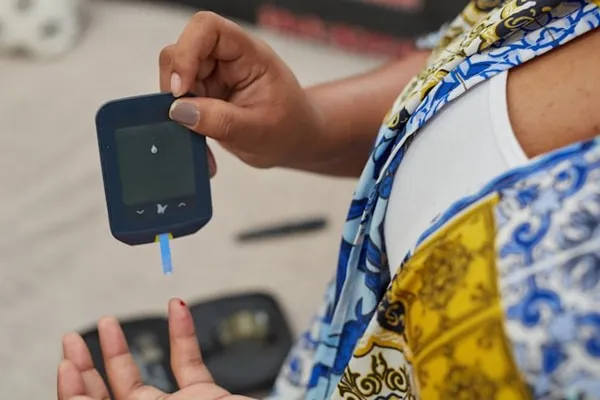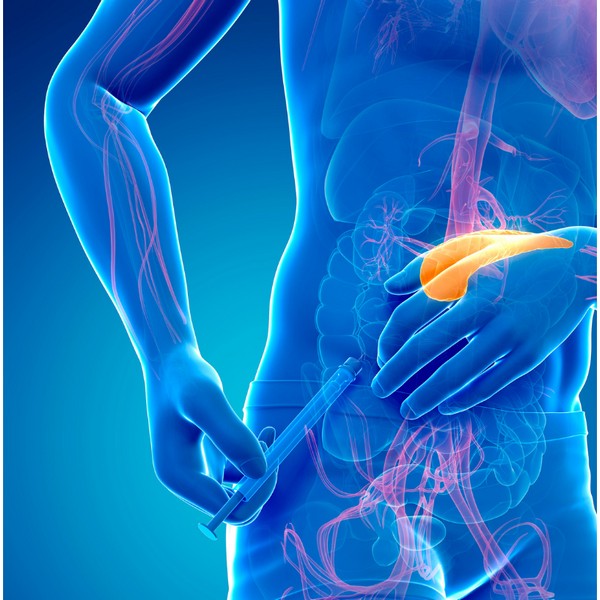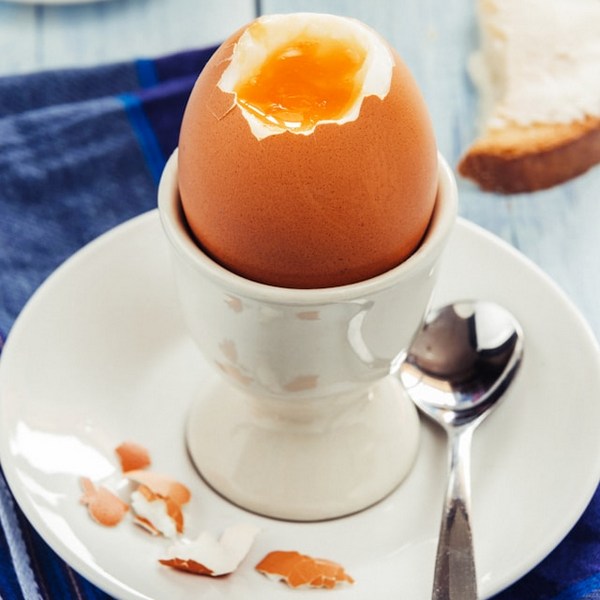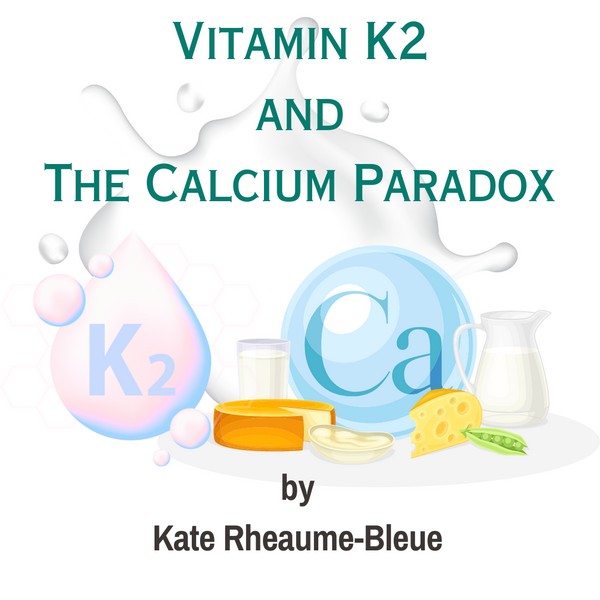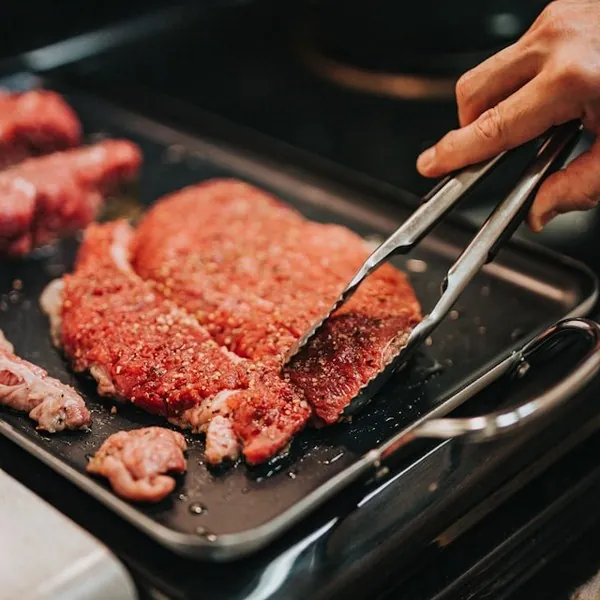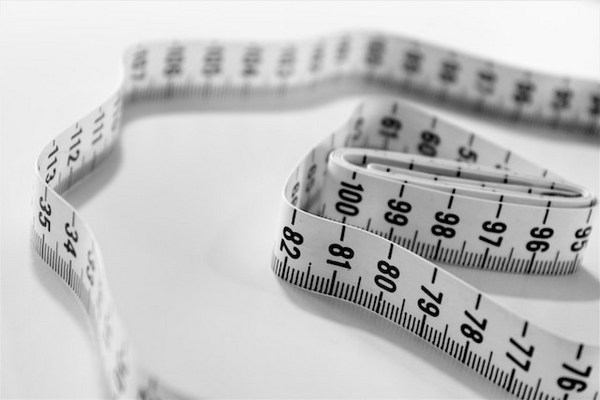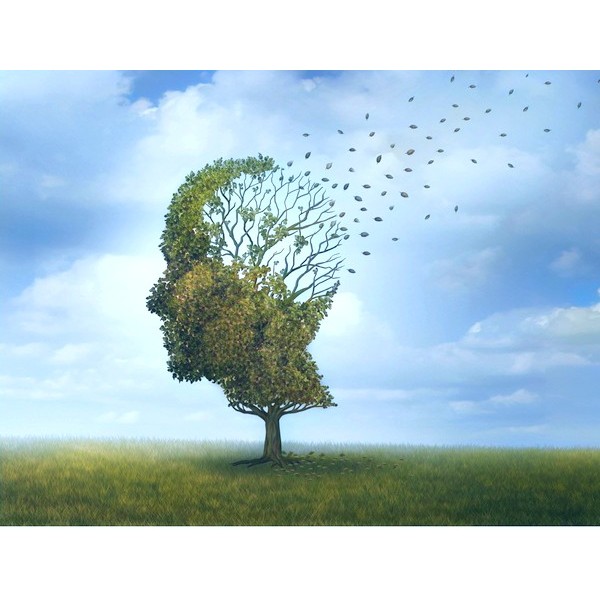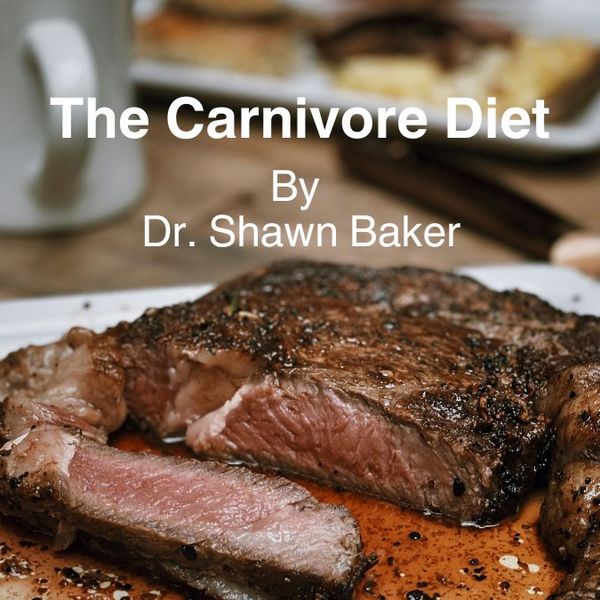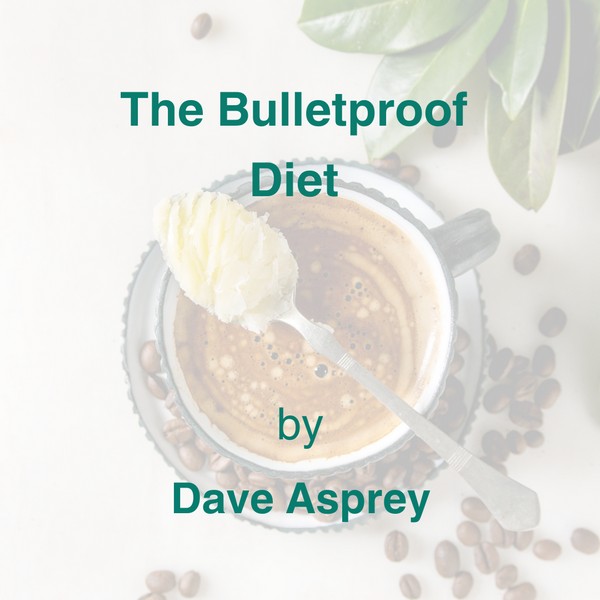Key Takeaways
- Staying well-hydrated and adopting a balanced diet can help prevent kidney stones.
- Knowing the causes of kidney stones can inform effective prevention strategies.
- Natural remedies like apple cider vinegar and lemon juice can help dissolve existing kidney stones.
Table of Contents
Understanding Kidney Stones
When minerals and salts crystalize in the kidneys, they form hard deposits known as kidney stones, which can cause intense pain and discomfort when they pass through the urinary system.
The good news is that natural solutions can help you manage, prevent, and even dissolve these painful stones, reducing your reliance on medical interventions.
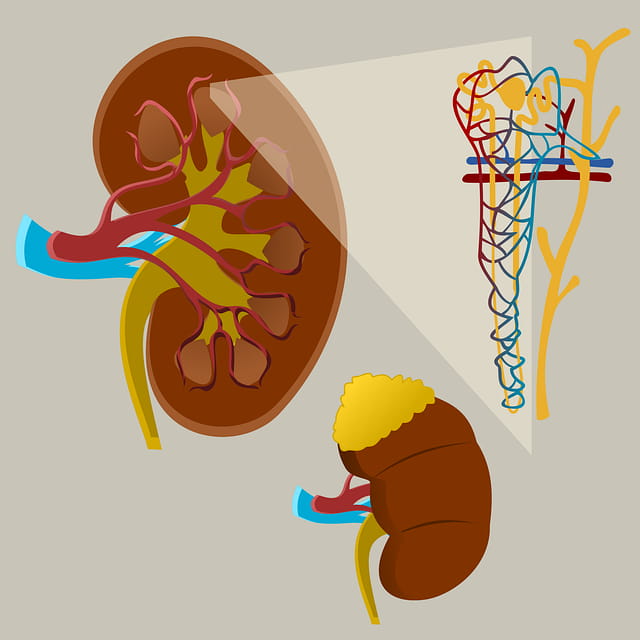
Symptoms
The symptoms of kidney stones can vary depending on the size and location of the stone. Some common symptoms include:
- Pain: You may experience pain in your back, abdomen, or side. This pain can be sharp and sudden or may come and go.
- Nausea: Feeling nauseous is a common symptom of kidney stones, and may be accompanied by vomiting.
- Chills and fever: If an infection is present, you might have chills and fever along with other symptoms.
- Urinary changes: Changes in the color and smell of your urine, as well as the frequency of urination, can indicate kidney stones. You may also see blood in your urine or feel pain during urination.
- Swelling: Swelling in your lower abdomen or the area around your kidneys may occur due to the presence of kidney stones.
Causes of Kidney Stones
There are different types of stones, such as calcium oxalate, calcium phosphate, uric acid, and struvite.
Risk Factors
- Calcium and oxalate: Your body needs calcium to maintain strong bones and teeth, but an excess of calcium in your system can contribute to the formation of calcium oxalate stones, the most common type of kidney stones. Similarly, oxalate is a natural chemical present in certain foods and also produced by your liver. An excess of oxalate can be combined with calcium to form these stones.
- Dehydration: Not drinking enough water can increase the concentration of minerals in your urine, which in turn increases the risk of kidney stone formation. Aim to drink at least eight to twelve glasses of water daily to keep your body hydrated and lower the chance of stone development.
- Obesity: A high body mass index (BMI) has been linked to an increased risk of developing kidney stones. Maintaining a healthy weight can help prevent stone formation.
- Urinary tract infections: These infections can cause changes in the chemical composition of your urine, leading to the development of struvite stones, which are associated with urinary tract infections.
- Dietary factors: Consuming a diet that’s high in sugar may increase your risk of developing certain types of kidney stones, such as calcium oxalate and uric acid stones. Adhering to a balanced diet can lower your risk of stone formation.
To reduce the risk of kidney stones, it’s important to incorporate healthy lifestyle habits, such as staying well-hydrated, maintaining a balanced diet, and monitoring your weight.
Your individual risk factors may vary, so consider discussing your concerns with a healthcare professional for personalized advice on kidney stone prevention.
Prevention Strategies
Diet and Lifestyle Changes
One of the most effective ways to prevent kidney stones is making diet and lifestyle changes. Incorporating these changes can significantly reduce your risk of developing kidney stones.
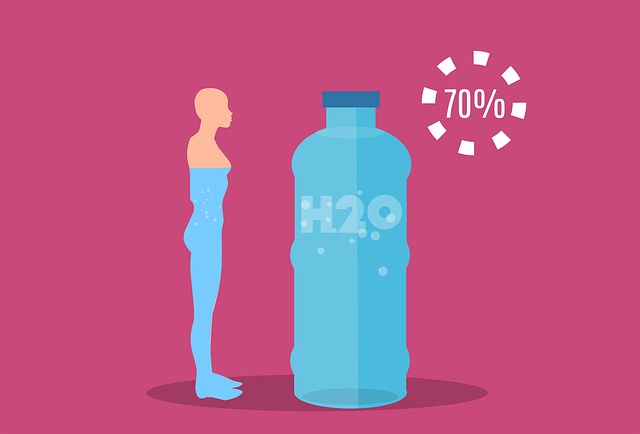
Stay hydrated by drinking enough water throughout the day. Aim for at least 8 to 10 glasses of water daily. Proper hydration helps dilute the concentration of minerals in your urine, decreasing the likelihood of kidney stone formation.
While consuming sufficient water is essential, it should be accompanied by trace minerals. Drinking large amounts of liquid void of minerals can cause a mineral imbalance.
You should also consider drinking pure coconut water and organic loose leaf green tea as they can help flush out toxins and reduce the risk of kidney stones.
Only have low-oxalate fruits and vegetables in your diet, specifically those with high water content, such as cucumbers, grapefruit, and watermelons. These contain natural citrate, which helps prevent kidney stone formation.
Balance your calcium intake. Contrary to popular belief, increasing your consumption of calcium-rich foods can help prevent the most common type of kidney stones, calcium oxalate stones.
Do not ever take calcium supplements.
Have calcium-rich foods such as A2 Casein grass-fed dairy products in your diet, particularly from small ruminants like goats and sheep.
Lastly, maintain a healthy lifestyle by engaging in regular physical activity and avoiding smoking. These changes, combined with the mentioned dietary adjustments, can contribute significantly to preventing kidney stones and improving your overall kidney health.
Foods to Avoid

When dealing with kidney stones, it’s important to adjust your diet accordingly. In order to minimize the risk of kidney stone formation, there are certain foods that you should avoid or limit in your daily meals.
One common type of kidney stone is formed due to excessive levels of oxalate in your diet. Oxalate-rich foods can contribute to the formation of these stones, so it’s best to keep their consumption to a minimum.
Some high-oxalate foods to avoid include:
- Spinach
- Peanuts
- Beets
- Rhubarb
- Nuts
- Chocolate
Monitor your sodium and sugar intake, as excessive consumption can lead to the formation of kidney stones. Aim for about 2,000 to 2,300 milligrams of sodium a day. Too much sodium can lead to higher calcium levels in your urine, increasing the risk of kidney stone development.
Removing ultra-processed and fast food can help, as these foods are usually high in sodium and sugar. Avoid consuming high-sodium processed foods like:
- Packaged snacks
- Fast food
- Canned soups
- Processed meats
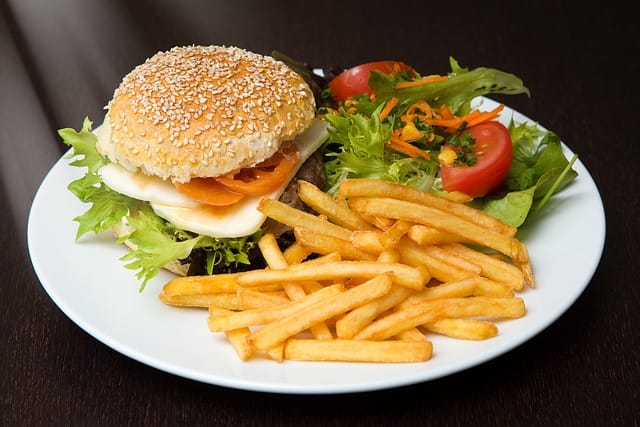
In addition to high-oxalate and high-sodium foods, there’s another item that you should be cautious about consuming: soda.
Sugary drinks like soda contain phosphoric acid, which may increase the likelihood of kidney stones. Instead of soda, try water, herbal tea, or other healthy alternatives like sugar-free kumbucha.
Natural Remedies
Adding natural remedies into your routine may make a positive impact on the prevention and treatment of kidney stones.
Lemon Juice
Drinking lemon juice diluted in water is one effective solution to consider, as it might help prevent the recurrence of certain types of kidney stones.
Apple Cider Vinegar
Another helpful remedy is apple cider vinegar. Its acidic nature is believed to dissolve kidney stones, making them easier to pass. You can use it by mixing it with water or adding it to your favorite beverages.
Celery
Celery, whether eaten raw or consumed as a juice, can offer certain benefits in the prevention of kidney stones. Being rich in nutrients and having diuretic properties, it increases the volume of urine and facilitates the passage of kidney stones.
Dandelion and Basil
Herbal alternatives such as dandelion and basil have also been known to assist in combating kidney stones. Dandelion can function as a diuretic to flush out waste and toxins from the kidneys, while basil contains a natural compound called acetic acid, which helps break down kidney stones.
Peppermint
It is well known that PEO is mainly composed of menthol, menthone, neomenthol, and iso-menthone, with strong anti-inflammatory, antibacterial, antiviral, scolicidal, immunomodulatory, antitumor, neuroprotective, antifatigue and antioxidant activities. Also, PEO shows pharmacological protection of gastrointestinal, liver, kidney, skin, respiratory, brain and nervous systems, and exerts hypoglycemic and hypolipidemic effects.
Zhao, H. et al. (2022). Peppermint essential oil: its phytochemistry, biological activity, pharmacological effect and application. Biomedicine & Pharmacotherapy, 154, Elsevier BV., p.113559. [Online]. Available at: doi:10.1016/j.biopha.2022.113559.
Medical Interventions
When faced with kidney stones, medical interventions become crucial for managing pain and preventing complications. In this section, we will look specifically at pain management techniques.

Pain Management
During a kidney stone episode, you may experience severe pain in your side or back. Your doctor will likely recommend medications to help manage this pain.
Some common pain relievers include over-the-counter medications like ibuprofen, acetaminophen, or naproxen sodium, as well as prescription pain medications, such as opioids.
In addition to pain relievers, your doctor may prescribe medications that help the stone pass more easily. These medications can relax the muscles in your urinary tract and may reduce the time it takes to pass the stone.
As you go through treatment, stay in regular communication with your healthcare provider to ensure the pain management strategy is effective and adjusted accordingly.
In cases where the kidney stone is particularly large or causing severe pain, your doctor may recommend more invasive medical interventions like surgery. Some surgical options include:
- Extracorporeal Shock Wave Lithotripsy (ESWL), a non-invasive procedure that uses sound waves to break the stone into smaller pieces so they can pass more easily.
- Ureteroscopy, where a small tube is inserted through the urethra and bladder to remove the stone or break it up using a laser.
- Percutaneous Nephrolithotomy, a more invasive surgery in which a small incision is made in the back, and a special instrument is used to remove the stone directly from the kidney.
When undergoing medical treatments for kidney stones, it’s crucial to follow your doctor’s advice carefully to ensure the best possible outcome.
Always remember to stay hydrated and discuss any concerns or adjustments with your healthcare provider to make your journey towards kidney stone relief as smooth as possible.
Conclusion
In summary, adopting natural solutions can be an effective way to prevent and alleviate kidney stones. One of the key steps is to stay hydrated and drink plenty of water to facilitate the passage of kidney stones. Incorporating lemon juice in your diet can also be helpful, as it contains citrate which helps in breaking down the stones and prevents their formation.
Add citric acid-rich foods like limes, lemons, oranges, and grapefruits into your diet, as they can help reduce the risk of kidney stones. Magnesium supplementation may also be beneficial in reducing the formation of calcium oxalate stones, as supported by a scientific study.
Finally, maintain a balanced diet and consult your healthcare provider if you experience any symptoms related to kidney stones.
Frequently Asked Questions
What are effective home remedies for kidney stones?
Staying well-hydrated is crucial for preventing kidney stones. Aim to drink at least 12 glasses of water daily when passing a stone, since it can help speed up the process [1]. You can also try consuming magnesium, tocotrienols and vitamin B6 supplements, which may reduce the rate of calcium oxalate kidney stones [2].
Which foods help prevent kidney stones?
To help prevent kidney stones, focus on including foods that are low in oxalate, such as meat, seafood, eggs, cauliflower, cucumbers, and white basmati rice. Additionally, consuming calcium-rich foods like A2 casein and low-lactose dairy products or leafy greens can be helpful, as calcium binds to oxalate in the digestive tract, preventing it from being absorbed and forming stones.
What beverages can dissolve kidney stones?
Drinking lemon juice daily (diluted in a half-gallon of water) may help prevent the recurrence of calcium oxalate and uric acid stones [3]. Besides, staying hydrated by consuming plenty of fluids, especially water, is crucial in diluting and increasing the volume of stone-forming substances in urine [4].
How does hydration help in managing kidney stones?
Proper hydration is essential for managing kidney stones, as it helps dilute the concentrations of stone-forming substances in your urine, reducing the risk of stone formation [4]. It also assists in the passing of existing stones by increasing the urine output, flushing out the stone-forming materials more efficiently.
What are the benefits of exercising for kidney stone prevention?
Engaging in regular physical activity helps manage weight and improves overall health, which indirectly aids in kidney stone prevention. Exercise promotes calcium absorption in bones, reducing its availability in urine where it can form stones. Furthermore, it helps maintain healthy blood pressure levels, which is vital for kidney health.
Can herbal supplements be used to treat kidney stones?
Phyllanthus niruri, aka Seed-Under-Leaf or Chanka Piedra which loosely translates to Stone Breaker in Spanish, has shown some promise by reducing levels of uric acid and oxalic acid (Pucci N. D. et al 2018).
There is no one-size-fits-all approach for kidney stone treatment, and relying solely on herbal remedies without professional advice can be risky, as it may lead to adverse effects or the worsening of your condition.
Research Khan SR, Pearle MS, Robertson WG, Gambaro G, Canales BK, Doizi S, Traxer O, Tiselius HG. Kidney stones. Nat Rev Dis Primers. 2016 Feb 25;2:16008. https://doi.org/10.1038/nrdp.2016.8 PMID: 27188687; PMCID: PMC5685519. Srinivasan S, Jenita X, Kalaiselvi P, Muthu V, Chandrasekar D, Varalakshmi P. Salubrious effect of vitamin E supplementation on renal stone forming risk factors in urogenital tuberculosis patients. Ren Fail. 2004 Mar;26(2):135-40. https://doi.org/10.1081/jdi-120038490 PMID: 15287196. Ettinger B, Pak CY, Citron JT, Thomas C, Adams-Huet B, Vangessel A. Potassium-magnesium citrate is an effective prophylaxis against recurrent calcium oxalate nephrolithiasis. J Urol. 1997 Dec;158(6):2069-73. https://doi.org/10.1016/s0022-5347(01)68155-2 PMID: 9366314. Ferraro PM, Taylor EN, Gambaro G, Curhan GC. Soda and other beverages and the risk of kidney stones. Clin J Am Soc Nephrol. 2013 Aug;8(8):1389-95. https://doi.org/10.2215/CJN.11661112 Epub 2013 May 15. PMID: 23676355; PMCID: PMC3731916. Petroski W, Minich DM. Is There Such a Thing as "Anti-Nutrients"? A Narrative Review of Perceived Problematic Plant Compounds. Nutrients. 2020 Sep 24;12(10):2929. https://doi.org/10.3390/nu12102929 PMID: 32987890; PMCID: PMC7600777. Mitchell T, Kumar P, Reddy T, Wood KD, Knight J, Assimos DG, Holmes RP. Dietary oxalate and kidney stone formation. Am J Physiol Renal Physiol. 2019 Mar 1;316(3):F409-F413. https://doi.org/10.1152/ajprenal.00373.2018 Epub 2018 Dec 19. PMID: 30566003; PMCID: PMC6459305. Lin BB, Lin ME, Huang RH, Hong YK, Lin BL, He XJ. Dietary and lifestyle factors for primary prevention of nephrolithiasis: a systematic review and meta-analysis. BMC Nephrol. 2020 Jul 11;21(1):267. https://doi.org/10.1186/s12882-020-01925-3 PMID: 32652950; PMCID: PMC7353736. Tang J, McFann K, Chonchol M. Dietary zinc intake and kidney stone formation: evaluation of NHANES III. Am J Nephrol. 2012;36(6):549-53. https://doi.org/10.1159/000345550 Epub 2012 Dec 4. PMID: 23221031. Thomas LDK, Elinder C, Tiselius H, Wolk A, Åkesson A. Ascorbic Acid Supplements and Kidney Stone Incidence Among Men: A Prospective Study. JAMA Intern Med. 2013;173(5):386–388. https://doi.org/10.1001/jamainternmed.2013.2296 Curhan GC, Willett WC, Speizer FE, Stampfer MJ. Twenty-four-hour urine chemistries and the risk of kidney stones among women and men. Kidney Int. 2001 Jun;59(6):2290-8. https://doi.org/10.1046/j.1523-1755.2001.00746.x PMID: 11380833. Wu J, Yang Z, Wei J, Zeng C, Wang Y, Yang T. Association Between Serum Magnesium and the Prevalence of Kidney Stones: a Cross-sectional Study. Biol Trace Elem Res. 2020 May;195(1):20-26. https://doi.org/10.1007/s12011-019-01830-3 Epub 2019 Jul 23. PMID: 31338801. Trinchieri A, Lizzano R, Bernardini P, Nicola M, Pozzoni F, Romano AL, Serrago MP, Confalanieri S. Effect of acute load of grapefruit juice on urinary excretion of citrate and urinary risk factors for renal stone formation. Dig Liver Dis. 2002 Sep;34 Suppl 2:S160-3. https://doi.org/10.1016/s1590-8658(02)80186-4 PMID: 12408462. St-Jules DE, Goldfarb DS, Pompeii ML, Sevick MA. Phosphate Additive Avoidance in Chronic Kidney Disease. Diabetes Spectr. 2017 May;30(2):101-106. https://doi.org/10.2337/ds16-0048 PMID: 28588376; PMCID: PMC5439363. Pucci ND, Marchini GS, Mazzucchi E, Reis ST, Srougi M, Evazian D, Nahas WC. Effect of phyllanthus niruri on metabolic parameters of patients with kidney stone: a perspective for disease prevention. Int Braz J Urol. 2018 Jul-Aug;44(4):758-764. https://doi.org/10.1590/S1677-5538.IBJU.2017.0521 PMID: 29617079; PMCID: PMC6092661. Reddy SV, Shaik AB, Bokkisam S. Effect of potassium magnesium citrate and vitamin B-6 prophylaxis for recurrent and multiple calcium oxalate and phosphate urolithiasis. Korean J Urol. 2014 Jun;55(6):411-6. https://doi.org/10.4111/kju.2014.55.6.411 Epub 2014 Jun 16. PMID: 24955227; PMCID: PMC4064051. Ghasemi Fard S, Wang F, Sinclair AJ, Elliott G, Turchini GM. How does high DHA fish oil affect health? A systematic review of evidence. Crit Rev Food Sci Nutr. 2019;59(11):1684-1727. https://doi.org/10.1080/10408398.2018.1425978 Epub 2018 Mar 1. PMID: 29494205. Chmiel JA, Stuivenberg GA, Al KF, Akouris PP, Razvi H, Burton JP, Bjazevic J. Vitamins as regulators of calcium-containing kidney stones - new perspectives on the role of the gut microbiome. Nat Rev Urol. 2023 May 9:1–23. https://doi.org/10.1038/s41585-023-00768-5 Epub ahead of print. PMID: 37161031; PMCID: PMC10169205. Gul Z, Monga M. Medical and dietary therapy for kidney stone prevention. Korean J Urol. 2014 Dec;55(12):775-9. https://doi.org/10.4111/kju.2014.55.12.775 Epub 2014 Nov 28. PMID: 25512810; PMCID: PMC4265710. Yasui T, Tanaka H, Fujita K, Iguchi M, Kohri K. Effects of eicosapentaenoic acid on urinary calcium excretion in calcium stone formers. Eur Urol. 2001 May;39(5):580-5. https://doi.org/10.1159/000052507 PMID: 11464041. Cortesia C, Vilchèze C, Bernut A, Contreras W, Gómez K, de Waard J, Jacobs WR Jr, Kremer L, Takiff H. Acetic Acid, the active component of vinegar, is an effective tuberculocidal disinfectant. mBio. 2014 Feb 25;5(2):e00013-14. https://doi.org/10.1128/mBio.00013-14 PMID: 24570366; PMCID: PMC3940030. Boim MA, Heilberg IP, Schor N. Phyllanthus niruri as a promising alternative treatment for nephrolithiasis. Int Braz J Urol. 2010 Nov-Dec;36(6):657-64; discussion 664. https://doi.org/10.1590/s1677-55382010000600002 PMID: 21176271. Jamshed A, Jabeen Q. Prophylactic and curative potential of peppermint oil against calcium oxalate kidney stones. Pak J Pharm Sci. 2021 Sep;34(5(Supplementary)):1867-1872. PMID: 34836852. https://pubmed.ncbi.nlm.nih.gov/34836852/ Zhao, H. et al. (2022). Peppermint essential oil: its phytochemistry, biological activity, pharmacological effect and application. Biomedicine & Pharmacotherapy, 154, Elsevier BV., p.113559. [Online]. Available at: https://doi.org/10.1016/j.biopha.2022.113559 Bencheikh N, Elbouzidi A, Kharchoufa L, Ouassou H, Alami Merrouni I, Mechchate H, Es-Safi I, Hano C, Addi M, Bouhrim M, Eto B, Elachouri M. Inventory of Medicinal Plants Used Traditionally to Manage Kidney Diseases in North-Eastern Morocco: Ethnobotanical Fieldwork and Pharmacological Evidence. Plants (Basel). 2021 Sep 20;10(9):1966. https://doi.org/10.3390/plants10091966. PMID: 34579498; PMCID: PMC8468912.
Metabolic Health: What It Means and How to Improve It
Key Takeaways Metabolic health reflects how well your body processes energy and maintains stable blood sugar, cholesterol, and blood pressure. Key indicators of metabolic health…
Iron Overload: Symptoms & Prevention Tips
Key Takeaways: Iron overload happens when the body absorbs excessive iron, which can damage organs. Common symptoms include fatigue, joint pain, and skin changes. Early…
Is Eating Sugar Really That Bad For Your Health?
Should You Really Be Concerned? In short, YES! Thank you, that’s all folks, and do have a good evening. Seriously though, extensive research has established…
Signs of Diabetes: Recognizing the Red Flags
Key Takeaways Increased Thirst and Urination: High blood sugar leads to dehydration, causing excessive thirst and frequent urination. Unexplained Weight Loss: Diabetes can cause the…
Vegetable Oil: Health Risks You Might Not Know
Key Takeaways: Omega-6 fats from vegetable oils cause oxidative stress and inflammation. Reducing omega-6 intake and using stable fats can lower health risks. High triglycerides…
Diabetes: Everything You Need to Know
Key Takeaways Type 1 and Type 2 diabetes involve insulin regulation issues, with Type 2 being the most common due to insulin resistance. Copper, retinol,…
Quit Sugar for 14 Days: What Happens to Your Body?
Key Takeaways: Immediate Health Benefits of Reducing Sugar: In just two weeks, enjoy enhanced energy levels, weight loss, a reduced risk of chronic diseases, and…
Insulin Resistance: What It Is & How to Manage It
Key Takeaways Insulin resistance leads to high blood sugar when cells stop responding to insulin. Often connected to obesity, poor diet, and physical inactivity. Symptoms…





